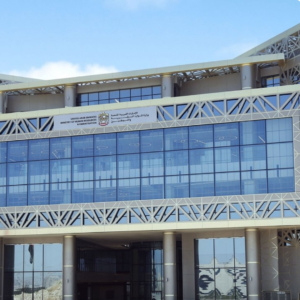In a significant development, Israel has decided to discontinue the automatic issuance of visas for United Nations (UN) staff, accusing them of being ‘collaborators’ with the Palestinian Islamic resistance movement Hamas. The decision marks a shift in the longstanding practice of facilitating UN personnel’s entry into the country and reflects heightened tensions in the region.
The decision to cease automatic visa issuance for UN staff underscores the complex geopolitical landscape and strained relations between Israel and entities it perceives as having affiliations with Hamas. The label of ‘collaborators’ suggests a deep-seated suspicion regarding the activities and allegiances of UN personnel, raising questions about the broader implications for diplomatic and humanitarian efforts in the region.
This move introduces a layer of scrutiny into the visa application process for UN staff, potentially leading to increased bureaucratic hurdles and delays. The decision may have repercussions on the UN’s ability to carry out its mandate effectively, particularly in providing humanitarian assistance and facilitating diplomatic initiatives in the Israeli-Palestinian context.
The characterization of UN staff as ‘collaborators’ with Hamas is a serious accusation with implications for the perception of international organizations operating in the region. It challenges the neutrality and impartiality that are typically associated with UN entities and introduces a contentious element into diplomatic interactions.
It’s essential to monitor how this decision will impact the day-to-day operations of UN staff in Israel and the Palestinian territories. The discontinuation of automatic visas may hinder the mobility of UN personnel, potentially impeding their ability to carry out crucial functions, including monitoring and reporting on the humanitarian situation in the region.
As diplomatic tensions persist, the international community will likely closely watch the unfolding situation and assess the broader implications of Israel’s decision on the relationship between the country and international organizations. The move may prompt discussions on the necessity of maintaining open channels for humanitarian and diplomatic engagement, even in the face of political differences.
In conclusion, Israel’s discontinuation of automatic visas for UN staff, with the characterization of them as ‘collaborators’ with Hamas, signals a significant shift in diplomatic dynamics. The decision raises concerns about potential obstacles to the work of international organizations in the region and underscores the challenges of maintaining neutrality in a politically charged environment. The repercussions of this decision will likely unfold in the coming months, shaping the landscape of diplomatic interactions in the Israeli-Palestinian context.








